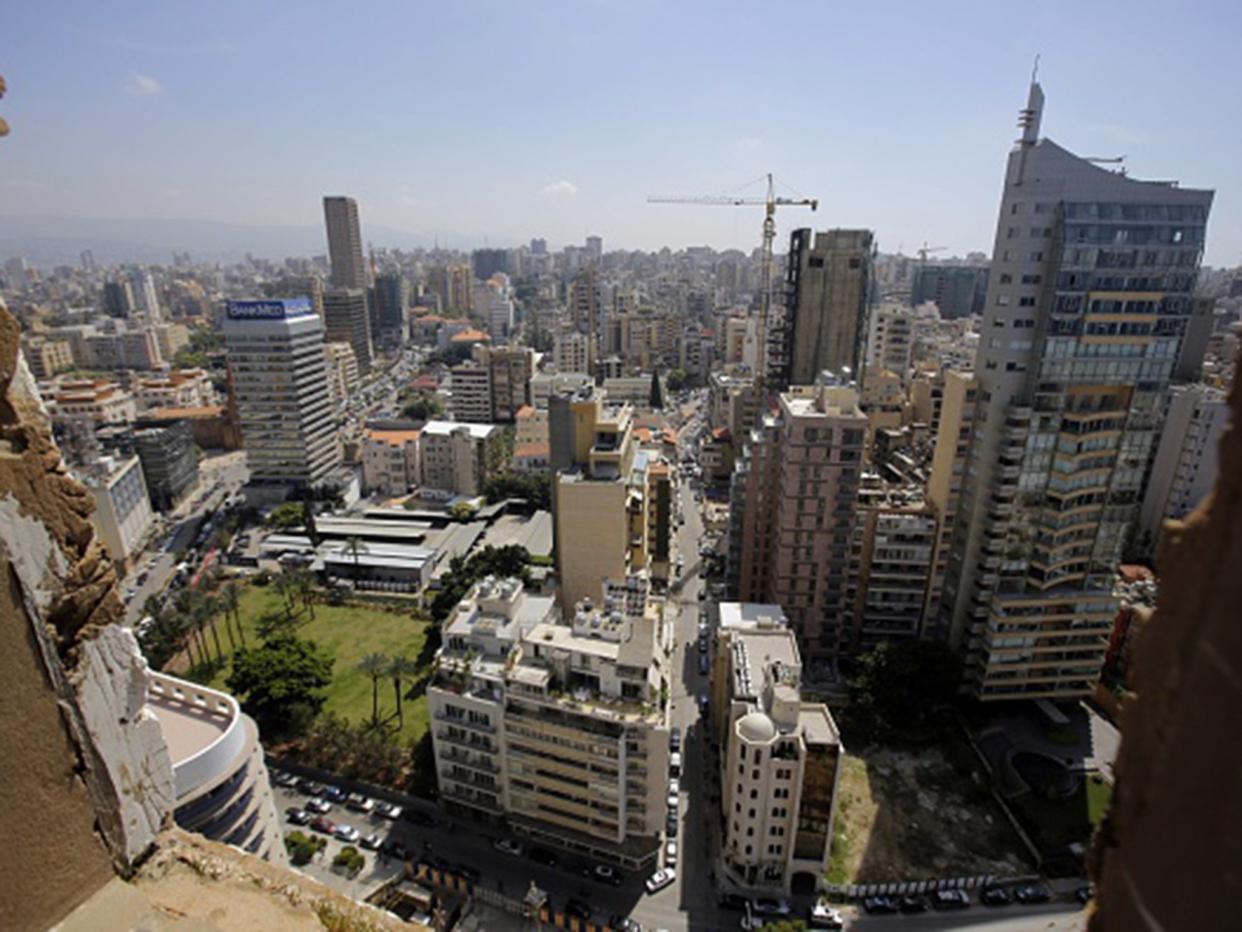Isis smuggled explosives into Lebanon in buckets of cheese to carry out deadly attacks

Lebanese authorities thwarted a plan by Isis to carry out bomb attacks during the country’s parliamentary elections earlier this year, the country’s caretaker interior minister said Monday.
The militant group smuggled explosives from Syria in buckets of cheese to use in attacks against places of worship, military targets and gatherings of Christians. But a 10-month police surveillance operation, codenamed “Lethal Cheese”, uncovered the plot.
An undercover informer working for Lebanon’s intelligence services acted as a would-be bomber for the operation, which the minister said was planned in rebel-held Idlib, northern Syria, and was designed to “cause chaos”. The agent was in regular contact with an Isis official identified as Abu Omar.
“Lebanon is now safe for both its residents and visitors. We decided to publicise the operation to provide assurances that security is in a good condition in the country,” he told a news conference. He added that Beirut is “one of the safest capitals in the world”.
On two occasions, explosives were sent from Syria to Lebanon hidden in cheese. In April, a device was sent by a taxi driver in a “bucket” of the dairy product. The next month, another explosive device was sent in shanklish, a Lebanese cheese similar to feta.
Since the start of the Syrian civil war in 2011, neighbouring Lebanon has struggled to avoid spillover from the conflict. The small Mediterranean country was largely divided by pro- and anti-Syrian political blocs before the war, and remains so today.
Hezbollah, a Lebanese Shia militant group and political party, entered the conflict early on in support of president Bashar al-Assad’s forces, angering many Sunnis in Lebanon who supported the uprising.
Lebanon has been struck by a number of bomb attacks linked to the Syrian conflict. The worst of which was in 2015, when suicide bombers killed 43 people and injured more than 200 in an attack in the suburb of Bourj el-Barajneh, a residential neighbourhood in which Hezbollah has strong support.
The country held parliamentary elections in May that saw Hezbollah and its allies make gains at the expense of prime minister Saad al-Hariri, the leader of the largest Sunni bloc. Seven months on, the country has still not been able to form a government, as political parties squabble over the distribution of cabinet posts.

 Yahoo News
Yahoo News 
